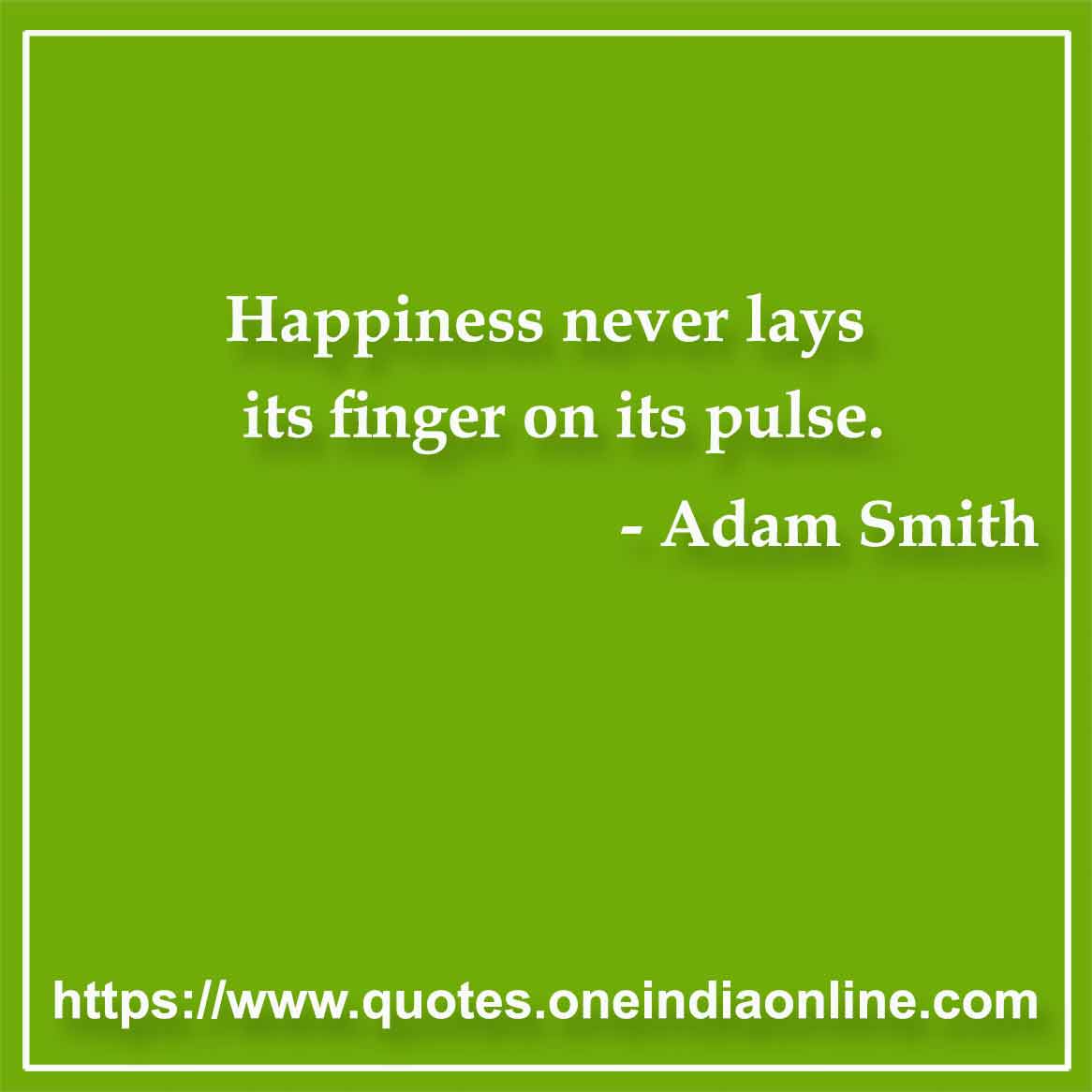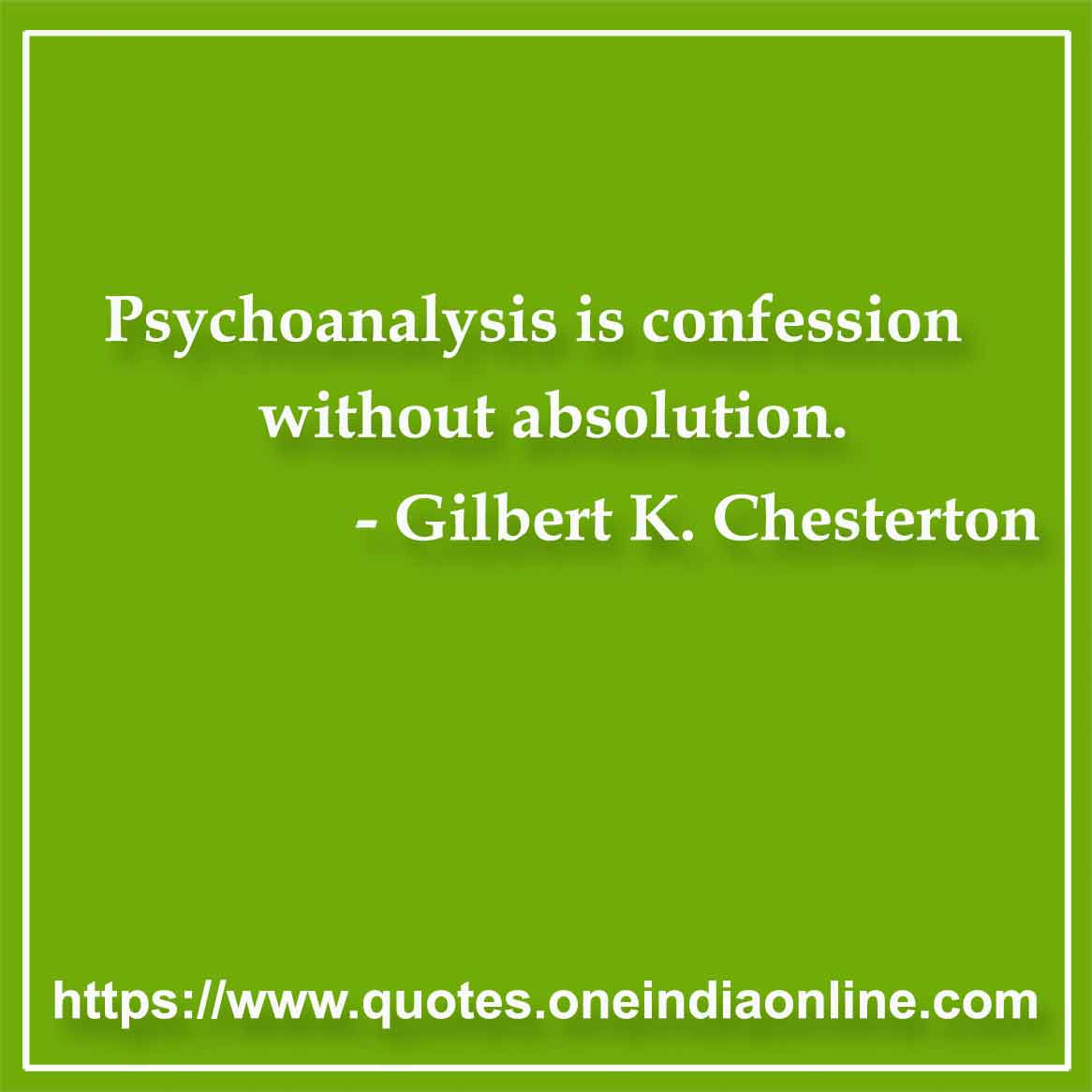List of Analysis Quotes in English with Images
Analysis quotes in English often serve as insightful reflections that delve deeply into literature, culture, and the intricacies of human behavior. These quotes distill complex ideas into concise and memorable phrases, which can significantly enhance a reader's understanding and appreciation of the text. By encapsulating profound thoughts and emotions, a quote might vividly portray a character's internal struggle, thereby revealing underlying themes related to identity, morality, and the human condition.
For instance, a well-crafted quote can illuminate a character's conflict between societal expectations and personal desires, highlighting the broader implications of such struggles in real-life scenarios. These quotes enrich literary discussions, providing a foundation for analyzing characters, plot development, and thematic exploration. They serve as a lens through which readers can interpret the overarching messages conveyed by the author, allowing for a more nuanced comprehension of the narrative.
Moreover, analyzing these quotes invites readers to uncover layers of meaning that resonate not only with their personal experiences but also with the societal contexts surrounding them. This process of exploration makes quotes invaluable tools for both academic study and casual engagement with texts. By considering the historical, cultural, and emotional weight of a quote, readers can connect more deeply with the material, fostering a richer dialogue about the literature and its implications. In this way, the analysis of quotes transcends mere interpretation, evolving into a critical examination of the themes that shape our understanding of life and society as a whole.
Here is a list of famous quotes along with detailed analyses of their meaning:
1. "The unexamined life is not worth living." — Socrates
-
Literal Meaning: Socrates is stating that a life without reflection, self-awareness, or critical thinking is not a life worth living.
-
Context: Socrates said this during his trial in Athens, where he was accused of corrupting the youth and disrespecting the gods. He chose death over living a life without philosophy.
-
Subtext: The quote suggests that intellectual and moral introspection is essential for a meaningful existence.
-
Philosophical Meaning: Socrates is advocating for a life of philosophical inquiry, where one constantly questions their own beliefs and the world around them to achieve wisdom and ethical integrity.
-
Tone: Defiant and passionate, suggesting a deep commitment to his ideals.
-
Symbolism: "Examined life" represents self-reflection and moral reasoning; "worth living" connects to finding deeper purpose in life beyond mere survival.
2. "To be, or not to be, that is the question." — William Shakespeare, Hamlet
-
Literal Meaning: Hamlet is pondering whether to continue living or to end his life (whether "to be" or "not to be").
-
Context: This line comes from Hamlet's soliloquy, where he reflects on the hardships of life and whether death might offer an escape from suffering.
-
Subtext: Hamlet is not only contemplating suicide but also the nature of existence and the human condition. He wonders whether life is worth enduring its pain or if death, the unknown, might be even worse.
-
Tone: Reflective and melancholic, conveying Hamlet's deep existential crisis.
-
Philosophical Meaning: The quote raises questions about life, death, and the fear of the unknown. It taps into the universal human fear of uncertainty after death.
-
Symbolism: "To be" symbolizes existence and consciousness, while "not to be" symbolizes death and non-existence.
3. "Injustice anywhere is a threat to justice everywhere." — Martin Luther King Jr.
-
Literal Meaning: Any act of injustice, no matter where it occurs, poses a danger to the concept of justice as a whole.
-
Context: This was written in King's Letter from Birmingham Jail in 1963 during the Civil Rights Movement. King was arguing that civil rights abuses in one part of the country affect everyone.
-
Subtext: King is emphasizing the interconnectedness of human rights, suggesting that tolerating injustice in one place enables it to spread elsewhere.
-
Tone: Urgent and morally authoritative, calling for immediate action against inequality.
-
Symbolism: "Injustice" and "justice" represent fundamental ethical principles, with the quote warning against complacency in the face of oppression.
-
Broader Implication: The quote speaks to the importance of solidarity and collective responsibility in fighting against all forms of injustice.
4. "Man is born free, and everywhere he is in chains." — Jean-Jacques Rousseau
-
Literal Meaning: Humans are naturally free, but societal constraints (laws, norms, governments) limit this freedom.
-
Context: This is from Rousseau’s work The Social Contract (1762), where he critiques the way societies and governments restrict individual freedom.
-
Subtext: Rousseau is questioning the legitimacy of governments and their ability to limit personal freedoms. He implies that political and social systems enslave individuals.
-
Tone: Critical and revolutionary, challenging the structures of authority.
-
Philosophical Meaning: The quote addresses the tension between individual liberty and societal control, and it has been central to political philosophy, especially regarding democracy and freedom.
-
Symbolism: "Born free" symbolizes the natural state of human liberty, while "in chains" symbolizes the restrictions imposed by governments and societal expectations.
5. "The only thing we have to fear is fear itself." — Franklin D. Roosevelt
-
Literal Meaning: Fear itself is the most dangerous thing, not the external circumstances.
-
Context: This quote is from Roosevelt’s inaugural address in 1933 during the Great Depression. It was meant to encourage Americans to overcome their fears and take decisive action to rebuild the economy.
-
Subtext: Roosevelt is suggesting that fear paralyzes people and prevents progress. By eliminating fear, people can face challenges with clarity and courage.
-
Tone: Reassuring and inspiring, designed to boost morale during a difficult time.
-
Philosophical Meaning: The quote touches on the psychological power of fear, emphasizing that fear can be more debilitating than the actual dangers we face.
-
Symbolism: "Fear" symbolizes the emotional paralysis that holds people back, while Roosevelt promotes courage as the antidote to national crisis.
6. "I think, therefore I am." — René Descartes
-
Literal Meaning: The act of thinking proves one's existence.
-
Context: This quote is the foundation of Descartes' Meditations on First Philosophy (1641), where he sought to establish a basis for certainty in knowledge.
-
Subtext: Descartes argues that thinking is the fundamental proof of existence, independent of the physical world or the senses, which can be deceived.
-
Philosophical Meaning: This statement forms the basis of Cartesian dualism, which separates the mind and body, and places consciousness (thought) as the core of human identity.
-
Tone: Methodical and confident, suggesting Descartes' breakthrough in his quest for fundamental truth.
-
Symbolism: "I think" represents conscious thought and awareness, while "I am" represents existence. Together, they underscore the idea that existence is validated through self-awareness.
7. "Those who cannot remember the past are condemned to repeat it." — George Santayana
-
Literal Meaning: People who don't learn from historical mistakes are likely to repeat them.
-
Context: Santayana’s quote from The Life of Reason (1905) suggests that historical awareness is key to avoiding the same errors.
-
Subtext: The quote serves as a warning that ignorance of history leads to repeating its failures, emphasizing the importance of education and historical reflection.
-
Tone: Cautionary and instructive, urging vigilance in understanding history.
-
Philosophical Meaning: This is a commentary on the cyclical nature of history and the importance of collective memory in societal progress.
-
Symbolism: "Remember the past" symbolizes historical awareness, while "condemned to repeat it" symbolizes the tragic repetition of avoidable mistakes.
8. "No one can make you feel inferior without your consent." — Eleanor Roosevelt
-
Literal Meaning: People cannot make you feel less than them unless you allow it.
-
Context: Eleanor Roosevelt, a strong advocate for human rights and equality, spoke this to inspire self-confidence and personal strength, particularly to women.
-
Subtext: The quote empowers individuals to take control of their self-worth, implying that external judgment holds no real power unless accepted internally.
-
Tone: Empowering and motivational, promoting self-respect.
-
Philosophical Meaning: This touches on the concepts of self-esteem, internal validation, and personal responsibility for one’s emotional responses.
-
Symbolism: "Inferior" represents the feeling of low self-worth, while "your consent" symbolizes individual control over one’s own emotional state.
These quotes, when analyzed, reveal deeper layers of meaning, allowing us to understand their significance in broader contexts.
The unlived life is not worth examining. - Analysis Quote by Tom Morris Download or Share |
Observation more than books and experience more than persons, are the prime educators. - Analysis Quote by Amos Bronson Alcott Download or Share |
Analysis kills spontaneity. The grain once ground into flour springs and germinates no more. - Analysis Quote by Henri Frederic Amiel Download or Share |
When I was research head of General Motors and wanted a problem solved, I'd place a table outside the meeting room with a sign: LEAVE SLIDE RULES HERE! If I didn't do that, I'd found some engineer reaching for his slide rule. Then he'd be on his feet saying, "Boss you can't do that." - Analysis Quote by Charles F. Kettering |
Happiness never lays its finger on its pulse. - Adam Smith Quotes Download or Share |
Think as you work, for in the final analysis, you worth to your company comes not only in solving problems, but also in anticipating them. - Harold Wallace Ross Quotes Download or Share |
Psychoanalysis is confession without absolution. - Analysis Quote by Gilbert K. Chesterton Download or Share |


